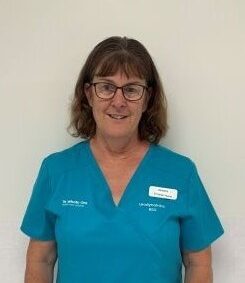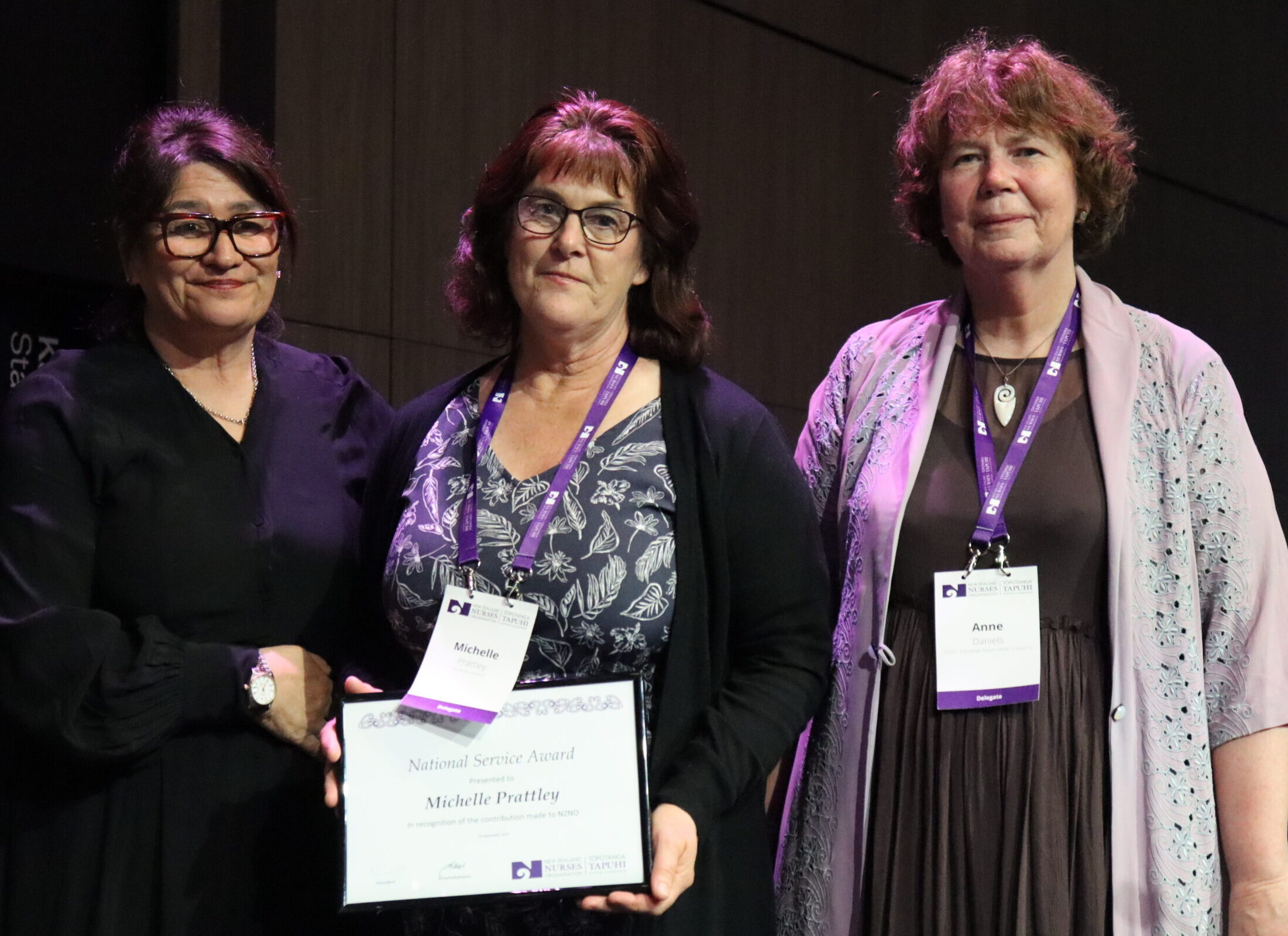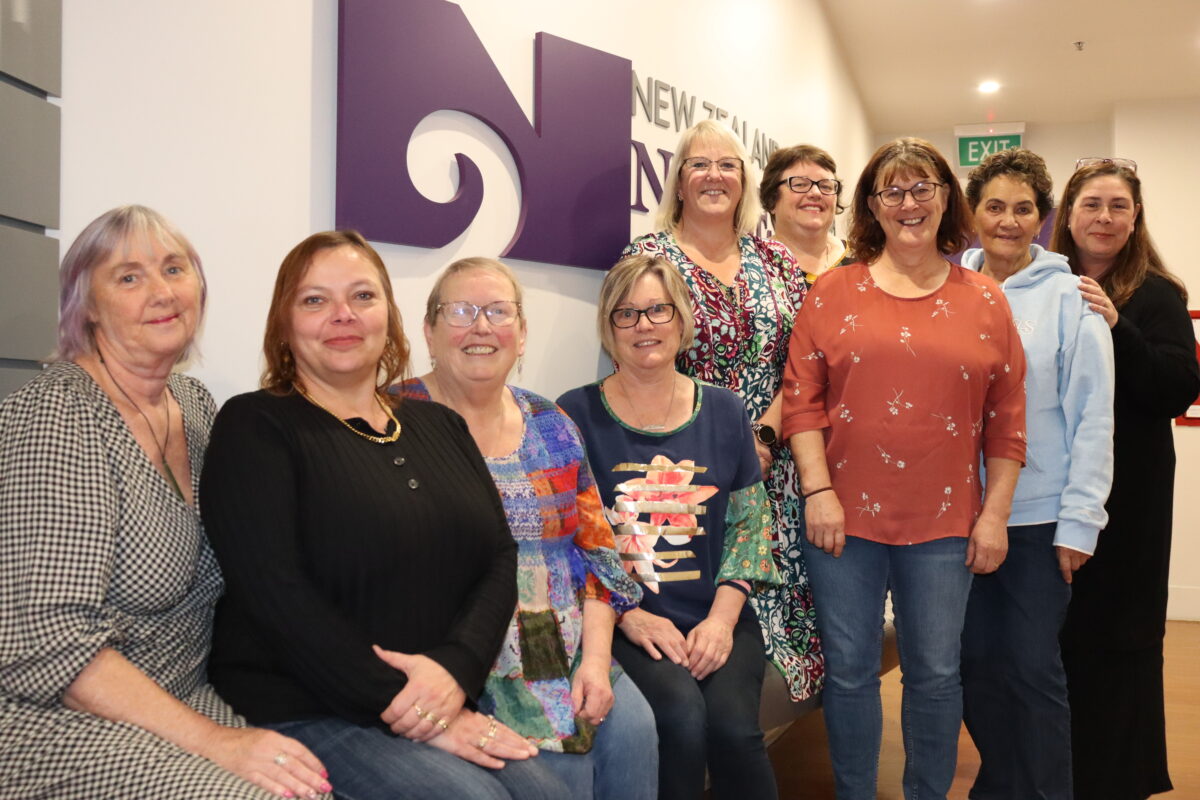 Freed from being under the direction and delegation of our registered nurse (RN) colleagues, from this month enrolled nurses (ENs) will be recognised as skilled and autonomous practitioners.
Freed from being under the direction and delegation of our registered nurse (RN) colleagues, from this month enrolled nurses (ENs) will be recognised as skilled and autonomous practitioners.
From January 20, a new scope of practice will allow us to practise instead in partnership and collaboration with our colleagues, as respected members of the nursing team.
We hope it will open up new opportunities for ENs, in emergency departments (EDs), GP practices, rural primary health, after-hours medical centres, private hospitals and prisons. Until now, these places have mainly been the domain of RNs — although prisons did begin recruiting some ENs again in 2017
How I became an enrolled nurse

I had been working in hospitality 16 years and decided I needed a career change. I chose nursing, because I’d had some health issues and wanted to give back what I had been given.
So I enrolled part-time in pre-health at Hagley Community College — then got made redundant from my hospitality job after the 2011 earthquakes. So the decision for me to change careers was a good one — I’ve never looked back. I love it!
I love helping and encouraging people. I work in a spinal unit and see people come in as acute patients, then their journey through to discharge. Six months after discharge, they come back for a three-day advanced re-assessment.
For me, seeing the improvement in them from when they first arrived, to when they are discharged — and then when they come back for their first re-assessment — is a real buzz.
The new scope also requires ENs to be guided by te Tiriti o Waitangi and work in a culturally safe manner with tāngata whenua.
It also brings new leadership opportunities, such as being a shift coordinator — and, hopefully, pending the 2024/25 Te Whatu Ora collective bargaining — another step and pay grade. Adding a sixth step could allow an EN to earn more than $80,000 per annum if they were fully up-to-date with their professional development — so a very worthwhile career.
Five year fight
It was five years ago when we first began pushing for change. A 2019 survey of nearly 800 EN section members found two thirds were unhappy with working “under the direction” of RNs. They found it restrictive, demeaning and disrespectful, after 18 months of nursing training.
In practice, this meant we always needed RN supervision when working in acute settings such as hospitals and generally couldn’t work in aged care or GP practices where little RN supervision is available. Community ENs couldn’t sign off clinical patient assessments and clinical liaison ENs in hospitals were unable to sign off their EN students.
I chose nursing, because I’d had some health issues and wanted to give back what I had been given.
So, we asked the Nursing Council to remove the direction and delegation requirement from our scope.
To our surprise, they decided to go further with a complete review of our scope as it hadn’t changed since 2010. This has taken longer — but now we have a new scope and set of required competencies as well as updated education standards to reflect our more collaborative relationship.
The updates also ensure we are guided in our practice by te Tiriti o Waitangi and equipped to provide culturally safe care for tāngata whenua.
After consultation, the new scope statement was launched at our ENS conference in Canterbury in May 2023 . After the Nursing Council updated both RN and EN competencies during 2024, our new EN scope was finalised in November 2024 and will come into effect on January 20.
An enrolled nurse comeback?
Over the years, we have fought and fought to keep ENs in the workforce, so they didn’t become extinct!
With this new scope, it does feel, finally, that we’re being acknowledged as a skilled and respected part of the health-care team.
Our RN colleagues have been very supportive and excited for us and our new scope — they think it’s great.
Bridging into registered nursing?
A lot of people who choose to train to be an EN over an RN say it’s about time and money — 18 months versus three years.
Currently, the 18-month EN diploma cannot contribute towards a three-year bachelor of nursing (BN) required to become an RN.
But this may be changing. The Nursing Council has indicated it would considering making it easier for ENs to become RNs without starting over again. Ideally, an EN would only have to do another 18 months of study to become an RN.
The fight continues
We have made a bit of a comeback since ENs nearly died out in the 1990s. But there are still risks.
The employment market for EN graduates is currently really, really tough — as it is for all graduates, with the lack of recruitment going on by Te Whatu Ora. Only one in seven EN graduates were offered jobs at Te Whatu Ora last year — which is an even worse rate than the RN graduates.
With this new scope, it does feel, finally, that we’re being acknowledged as a skilled and respected part of the health-care team.
So — like so many in the Kiwi nursing workforce — most of the new EN grads now are heading for Australia.
We fought so hard to get the EN supported-entry programme ENSIPP (EN support into practice) up and running by 2020 in hospitals — but with so few graduates being employed, it’s not being used to its full potential.
Meanwhile, as an ageing workforce, more and more ENs are retiring and not being replaced, or replaced with RNs.
We hope that will change with the new scope, which gives ENs more flexibility in their practice.

We are also concerned about health-care assistant (HCA) wishes to extend their duties into some areas we regard as EN work, such as patient observation and assessment and blood sugar and ECG monitoring. In some regions, this is already happening.
While we respect and value our HCA colleagues, we believe it is safer for patients to leave some tasks to the nursing workforce, which is regulated by the Nursing Council. We believe the core HCA role is to assist nurses with personal cares and tasks like transporting and feeding patients.
However, we appreciate that HCAs’ workload can vary wildly from place to place as employers try to push more work on them. We agree they need a more clearly defined job description to protect both their own, and patient, safety.
And we’ll keep fighting for ENs!
Enrolled nursing history
Enrolled nurses began as nurse aides in the 1940s, then became community nurses in the 1960s and enrolled nurses in the 1970s. But amid a health restructure, EN training ceased in the early 1990s.
But in 2000, after NZNO lobbying, it returned and — while the name changed again, to nurse assistants, for a few years — by 2008 we were back. By 2010, we had our own scope of practice and by 2011 the 18-month EN diploma was launched.
— Source: Enrolled nurses making a difference.




